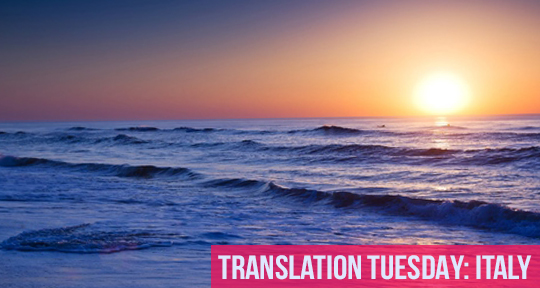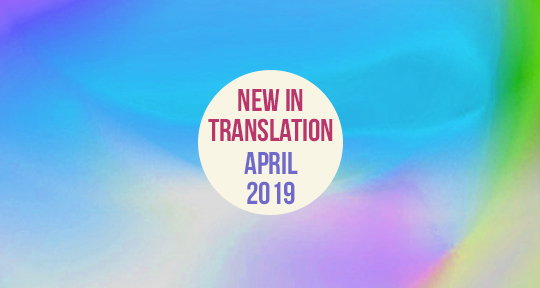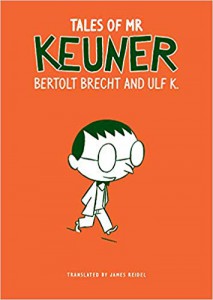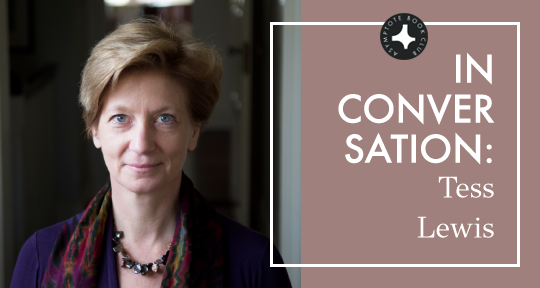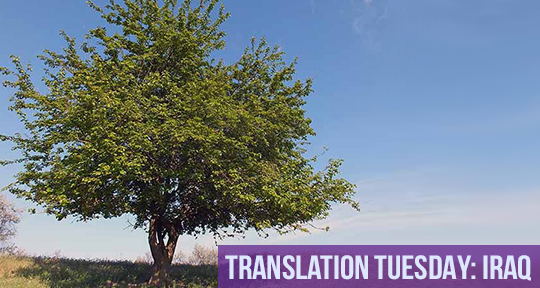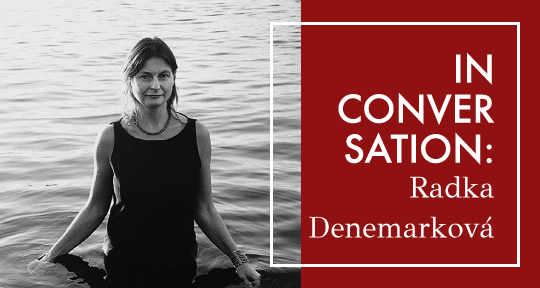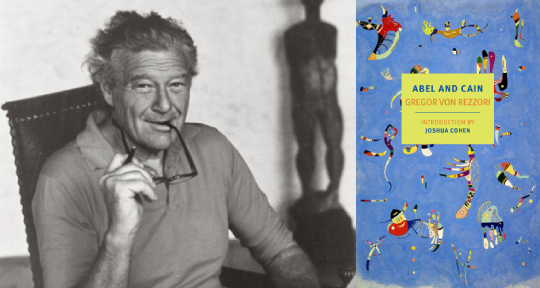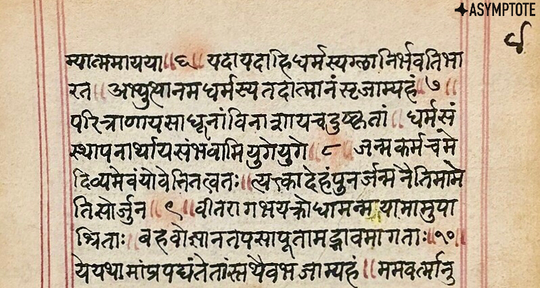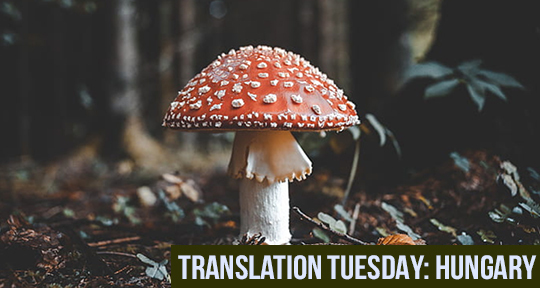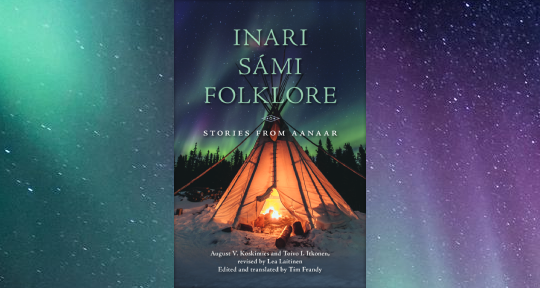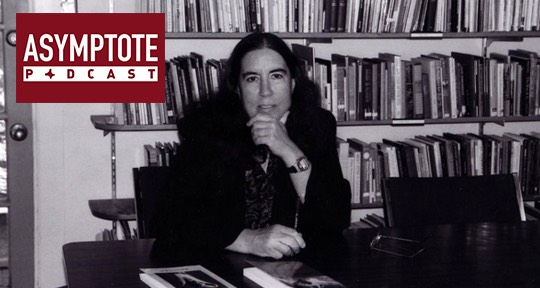Radka Denemarková is a unique phenomenon on the Czech literary scene. A true polymath, she has written plays, scenarios, short and long novels, a double novel that can be read from both ends, translations, and essays. On April 7, she was awarded the Book of the Year award at the Magnesia Litera ceremony, making her the only four-time winner of the most prestigious literary award in the Czech Republic. Her most noticeable works include Money from Hitler (2006), which tells the story of a Holocaust survivor who returns to her home village in Czechoslovakia only to be denied existence; Sleeping Disorders, a humorous play featuring Virginia Woolf, Sylvia Plath and Ivana Trump; and A Contribution to the History of Joy (2014)—of which Asymptote published a partial translation—a reflection on violence disguised as part essay, part crime novel. Finally, her most recent novel is Lead Hours, a major work expanding over 700 pages, spanning China and Europe, and exploring the fate of a series of characters witnessing the crumbling of their value system as they face life crises. Denemarková was also featured in Asymptote as a translator, and is now translated into over fifteen languages, including Chinese. She is currently working on her next novel.
Filip Noubel (FN): Your latest novel, Hodiny z olova, which can be translated as Lead Hours, just came out in January. What does the title refer to, and why is China such a prominent theme in this 700 page-long major work?
Radna Denemarková (RD): The reason for China being the center stage of my novel comes out of a series of trips I made to that country, the first in 2013. I was literally shocked by what I experienced there: the breaking down of a socio-political system combined with the consequences of globalization, and how all of this affects us in the most intimate way. Initially, I had a very idealized notion of China, shaped by the little knowledge I had about its poetry, calligraphy, and philosophy. What I hadn’t expected at all was the brutality of daily life.
The main issue in China we face concerns how economic pragmatism changes the human soul, and how we can bring back the notion of humanism in our daily language. While the world seems to embrace new forms of totalitarian ideologies, we need a new language. People are afraid to speak openly. People report on each other even within the family circle. In Beijing, in the case of a car accident, people accepted as normal the fact that the male driver of an expensive car hit a woman because she was poor and uneducated and had no business ‘getting in the way.’
READ MORE…

